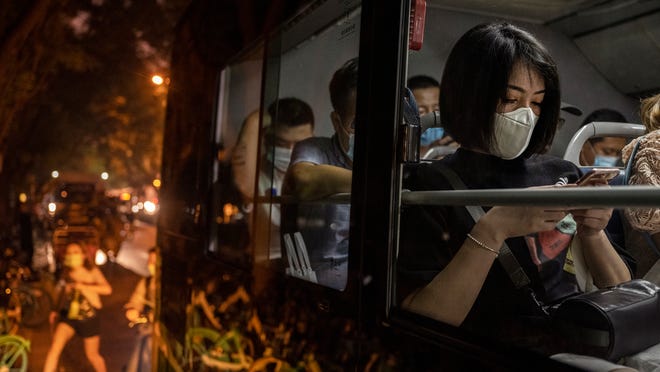

In May, the Supreme Court agreed to hear oral arguments from Mississippi's case, Dobbs v. Jackson's Women's Health Organization, in an attempt to ban abortion after 15 weeks. This decision came around the same time Texas Gov. Greg Abbott signed the country's strictest ban on abortion into law, known as the Senate Bill-8. The law prohibits women from getting the procedure after six weeks of pregnancy or when cardiac activity is detected. In a five-to-four decision, the Supreme Court declined to block the Texas ban, effectively changing the precedent of the 1973 landmark decision of Roe v. Wade that made abortion a constitutional right. The law forced many clinics to close and incentivizes individuals to enforce the ban by placing a $10,000 bounty on anyone who helps women get an abortion. After the Supreme Court's ruling, the Justice Department filed a lawsuit against the state of Texas to protect the constitutional rights of women. Also, in early October, a federal judge issued an order to block the law, but Abbott immediately appealed the decision. Similarly, Mississippi's only abortion clinic is in jeopardy. In the South and Midwest, where abortion is already difficult to access, if the Supreme Court overturns Roe v. Wade, it will eliminate the procedure entirely. In December, the Supreme Court will hear arguments on whether to uphold Mississippi's abortion restriction. The court generally releases the majority of its decisions in mid-June. In this episode of Clarified, learn about how the 48-year precedent of Roe v. Wade is being challenged.
In May, the Supreme Court agreed to hear oral arguments from Mississippi's case, Dobbs v. Jackson's Women's Health Organization, in an attempt to ban abortion after 15 weeks.
This decision came around the same time Texas Gov. Greg Abbott signed the country's strictest ban on abortion into law, known as the Senate Bill-8. The law prohibits women from getting the procedure after six weeks of pregnancy or when cardiac activity is detected.
In a five-to-four decision, the Supreme Court declined to block the Texas ban, effectively changing the precedent of the 1973 landmark decision of Roe v. Wade that made abortion a constitutional right. The law forced many clinics to close and incentivizes individuals to enforce the ban by placing a $10,000 bounty on anyone who helps women get an abortion.
After the Supreme Court's ruling, the Justice Department filed a lawsuit against the state of Texas to protect the constitutional rights of women.
Also, in early October, a federal judge issued an order to block the law, but Abbott immediately appealed the decision.
Similarly, Mississippi's only abortion clinic is in jeopardy. In the South and Midwest, where abortion is already difficult to access, if the Supreme Court overturns Roe v. Wade, it will eliminate the procedure entirely.
In December, the Supreme Court will hear arguments on whether to uphold Mississippi's abortion restriction. The court generally releases the majority of its decisions in mid-June.
In this episode of Clarified, learn about how the 48-year precedent of Roe v. Wade is being challenged.
Source link









